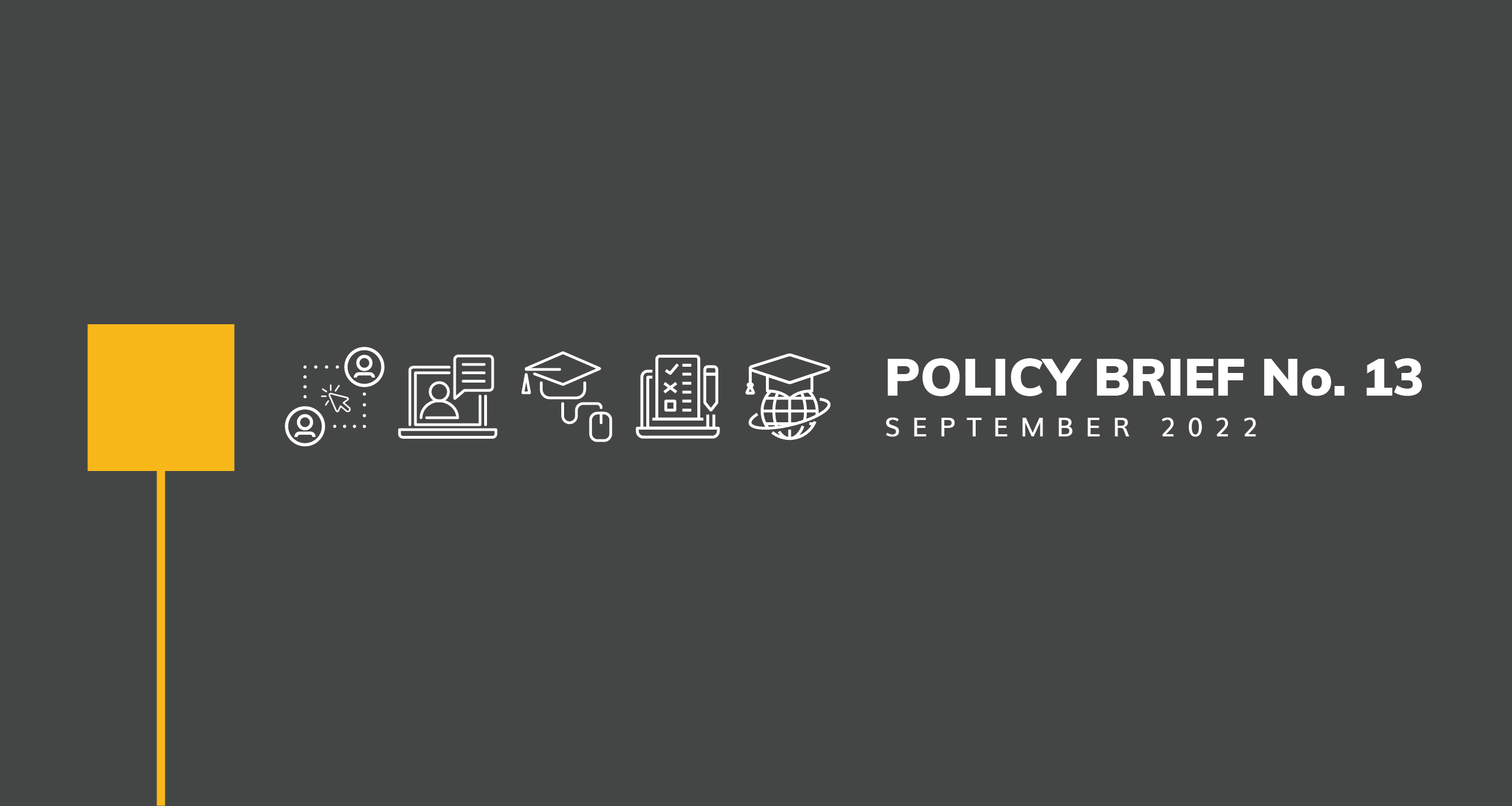South-South Global Thinkers is a global coalition of think tank networks that facilitates the sharing of knowledge, expertise, and perspectives…
Worldwide, public service delivery, particularly public education, was severely disrupted by the COVID-19 pandemic. The authorities decided to shut down public schools as a precautionary measure against the spread of the virus. This policy brief presents the most pressing concerns that must be resolved if online education is to thrive in the face of potential future disruptions. It also stresses the value of not abandoning anyone along the way. Both asynchronous and synchronous learning environments provide students with more flexibility to access online learning resources from anywhere, at any time. The ease of communication and the availability of a broader range of resources all contribute to the enhancement of the educational experiences made possible by online learning.
This policy brief also addresses crucial concerns that must be addressed for online learning to survive in the face of future external shocks and prevent the loss of education gains, with a focus on at-risk groups like female students.
The Centre for Budget and Governance Accountability (CBGA) in India and the Instituto de Estudios Peruanos (IEP) in Peru conducted the studies used as the basis for this policy brief. Specifically, CBGA gathered data on how secondary school students in Delhi have adapted to online education, while IEP looked at the effects, possibilities, and obstacles faced by college students at two public universities in Peru.


